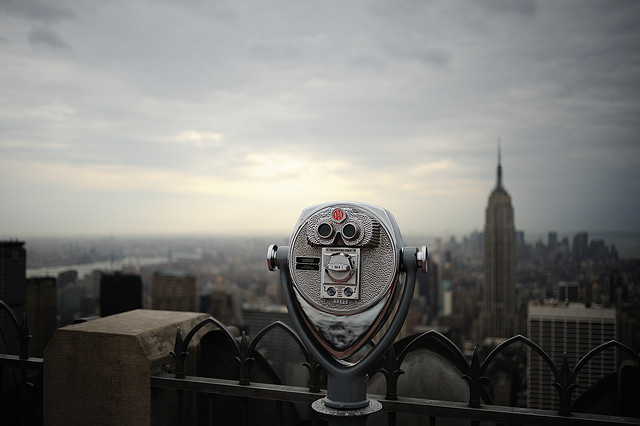Recently it has become increasingly difficult to hold onto what I believe in and dream of for public education.* Some days it feels possibility died or is very close to death. Bright clear dreams, plans and ideas have become clouded and distorted to the point of unrecognizable. You may also have felt this way and had dark days such as these. Over time, my mental arms have grown weary from grasping tightly to what I hold dear. Over time, wisps of doubt have stealthily crept in. Why bother to hold onto something that seems invisible to many? Why protectively carry ideals that at times feel valueless? The uncertainty and deep despair of this thought has hurt my heart, mind and inner core.
It feels as I have been worn down and tapped out…it would be so much easier to just…let go…
To let the dreams and ideals I began teaching with drop, would be so freeing. After all, back then I was naive to the ways of the world. I wouldn’t have to care anymore. Done. Out. Cut and dry. Just a job.
But…every time I get within a hair of letting it all go…I just can’t. For the past several months this contemplation has both haunted and trapped me. It would seem that until I resolved this decision, I couldn’t move in any concrete direction, I was at a standstill. This grey no man’s land coloured a part of my life usually bright and full of joy. I was paralyzed by the possibility: will THIS be the time I give in and give up? Will this be the TIME I disengage completely, stop feeling and caring?
Mistakenly I thought it would be easy. Easy to let go. I even thought I wanted to. I don’t want to get all moral and heavy-handed with it either, this struggle comes from my deepest beliefs about what I hold as precious, true and right. But when it came right down to it, I just couldn’t do it.
***
So take these tenuous threads with which we collectively sew humanity and never doubt your connection to this purpose for one breath, one heartbeat. And if you were as I, holding your breath and holding your beliefs tenderly as a dying lover, I offer this…
Do not doubt yourself and your ideals in these dark moments. Look forward to the light of what is possible. Be sure of what you know as good and true. Imagine your big impossible dreams boldly and loudly.
Hold on. Hold on to what you know to be true and right.
Hold on dear friends, hold on.
———————————————–
* this post is in reference to the challenges of job action in British Columbia over the last several months.



